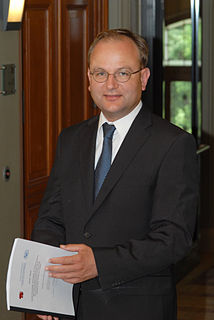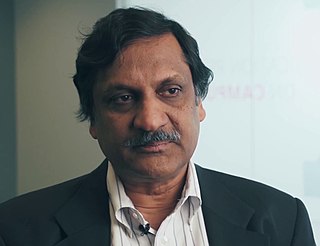A Quote by Rachel Notley
I think that the climate change policy and strategy that we have developed and that we have rolled out thus far is an example of incredibly high-quality work, incredible collaboration by an exceptionally large number of well-informed people.
Related Quotes
Now it is the least developed world who are not responsible for this climate change phenomenon that bore the brunt of climate change consequences so it is morally and politically correct that the developed world who made this climate change be responsible by providing financial support and technological support to these people.
Other ways of looking at the environmental or climate change stuff is to frame it in the context that it is simultaneously a public health issue. One out of eight premature deaths worldwide happens because of air pollution. The worst power plant in America kills 278 people a year and causes 445 heart attacks. So, when we improve air quality we improve our lives, and at the same time we improve the climate as well. We must see climate policy from this perspective and not as an abstract threat that may threaten our survival in 100 years.
Despite the international scientific community's consensus on climate change, a small number of critics continue to deny that climate change exists or that humans are causing it. Widely known as climate change "skeptics" or "deniers," these individuals are generally not climate scientists and do not debate the science with the climate scientists.
First of all, developed countries have basically expropriated the atmosphere of the world community. But one must say clearly that we redistribute de facto the world's wealth by climate policy. Obviously, the owners of coal and oil will not be enthusiastic about this. One has to free oneself from the illusion that international climate policy is environmental policy. This has almost nothing to do with environmental policy anymore.
There is an access to... people can now afford very high quality technology, where you can have a very good reproduction of a large picture on a large screen at home. People go out less. There's all kinds of reasons. I don't know that it's going to stay that way but, I think also, we've got to start making better movies.
Many change initiatives are poorly thought out, and rolled out prematurely. Others are genuinely good ideas but the proponents underestimate the amount of time needed to make the change. And, I agree, true change usually requires people giving something up and so resistance is pretty well guaranteed for any meaningful change.
We don't have a hundred years to fix climate change. We don't have a hundred years to wait until we've built all these bridges and rapport and scientific understanding and so on and so forth. We have to fix climate change with the people we have right now, and to a large extent with the perspectives we have right now as well.
I'm optimistic. I see no longer people accepting fuzzy thinking in the world. The change is not that people aren't still saying under-informed things. The change is that if you're in power and you say something under-informed, there are people out there with a voice who will take you to task for having done so
We now know that climate action does not require economic sacrifice. This is fully in line with the World Bank Group's findings. It is up to all of us to make smart policy choices that will help combat climate change. For example, putting a price on carbon is a necessary step and could drive resources and investments to a cleaner economy.
There's real economic costs to climate change - So, Superstorm Sandy led to billions of dollars in damages. The fires out in the west, 70 million dollars a day are being spent in fighting fires that have clearly been exacerbated by drought and climate change. So, people have pointed out the true dollars and cents cost of inaction on climate change.


































